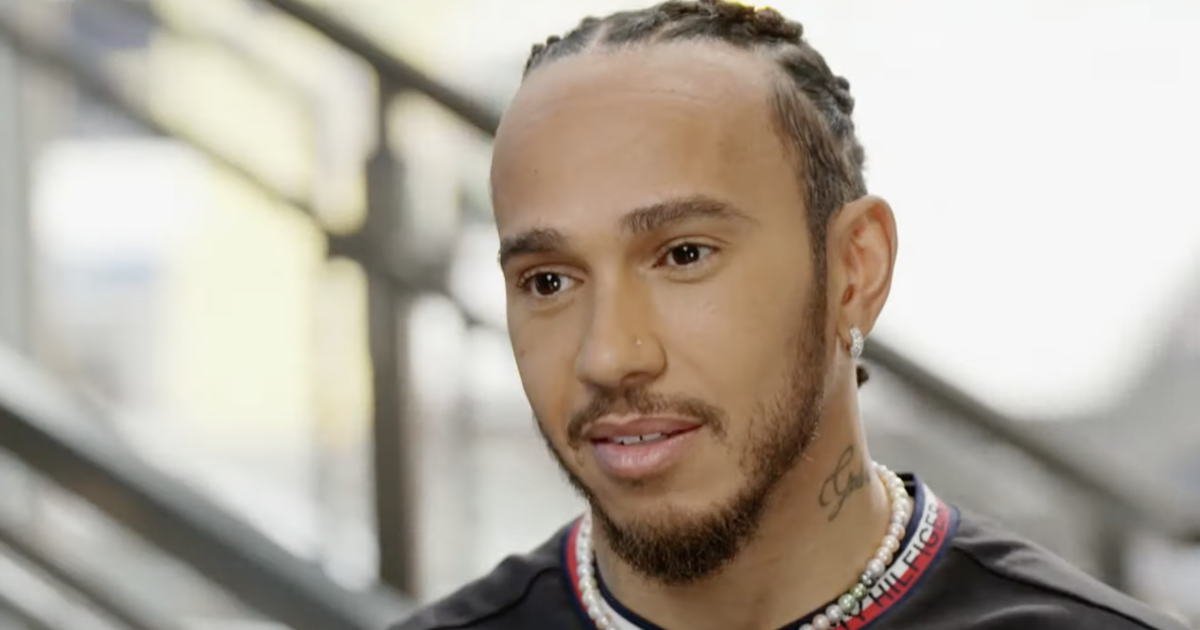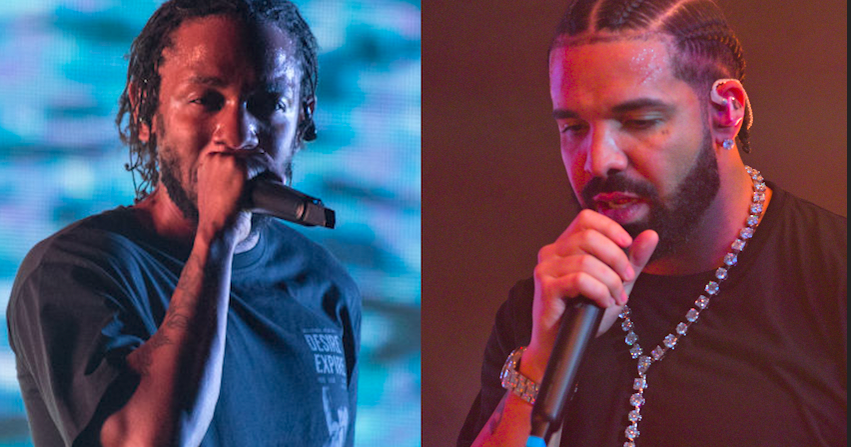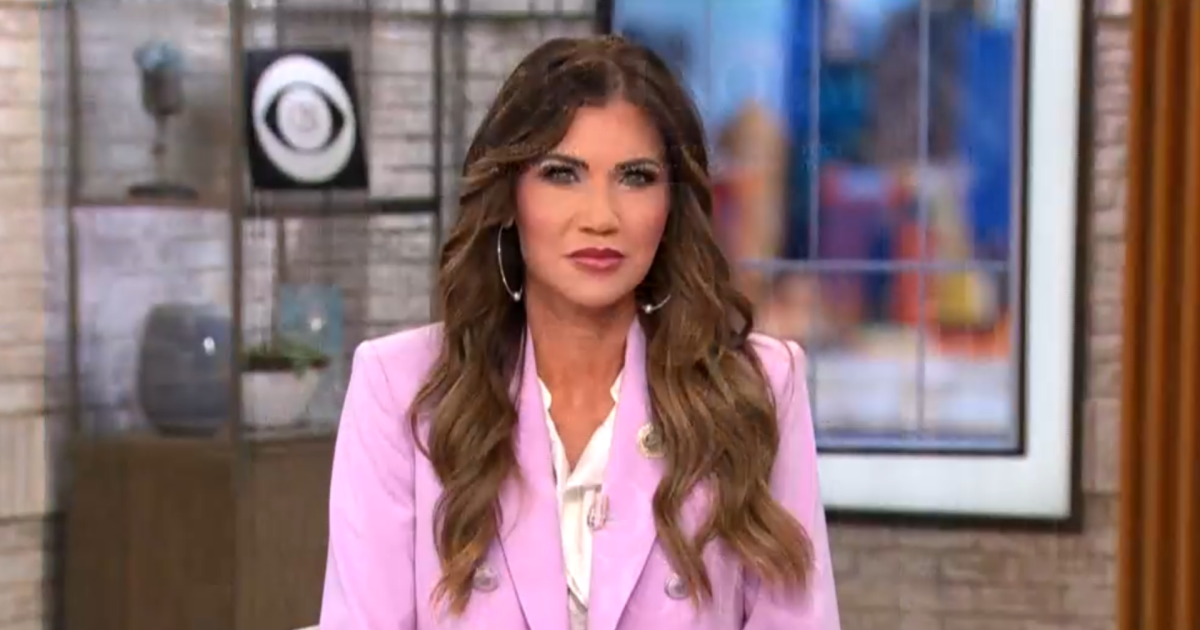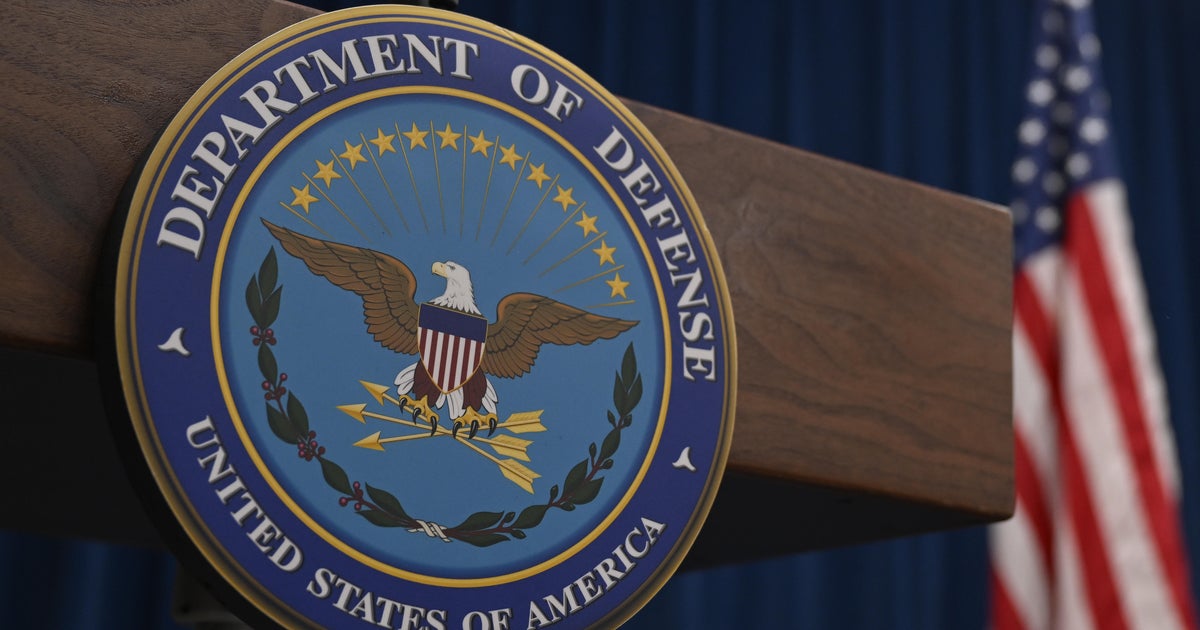The race to find a coronavirus vaccine: How other viruses put researchers ahead
More than 100 potential coronavirus vaccines are being tested at record speeds. Drugmaker Moderna got FDA approval last week to start a second round of clinical trials and Pfizer began human trials of its vaccine candidate in the U.S.
Kizzmekia Corbett, who leads the National Institutes of Health coronavirus vaccine collaboration with Moderna, told CBS News at the start of the outbreak in January that the SARS vaccine gave researchers a huge head start.
It would take just two months to bring their COVID-19 vaccine to human trials.
"We actually changed the genetic code for the spike protein based on our knowledge that we gathered from designing vaccines for other coronaviruses in the past," Corbett told CBS News chief medical correspondent Dr. Jon LaPook.
That spike protein is the key the coronavirus uses to unlock and invade a body's cells. Moderna's vaccine uses genetic material known as messenger RNA to instruct cells to make spike proteins that trigger an immune response to fight the virus.
As one of the first American volunteers for Moderna's trial, 61-year-old Carol Kelly received her first dose in late April. She was told a potential risk was that she might have flu-like symptoms.
"The ultimate bad symptom was I could get really, really sick," Kelly said.
But, with so many people suffering from the coronavirus, Kelly wanted to help.
"I thought, here is an opportunity that just presented itself and I need to do what I can," she said.
At Johnson and Johnson, researchers are using a different approach. They take a piece of coronavirus DNA and place it inside a weakened cold virus, triggering an immune response.
"We have used this so many times before that we know what we have to do in order to get very quickly to a vaccine," said Dr. Paul Stoffels, Johnson and Johnson's chief scientific officer.
Stoffels said the company can have 1 billion doses ready by next year.
Responding to possible concerns that accelerating the vaccine timeline could jeopardize safety, Stoffels said, "It's a biological vector, which has been used a lot in animals and in people ... from small kids to elderly, from people who are healthy to people who are very sick like an HIV, so we have been testing that in a very controlled way already."
Harvard immunologist Dr. Barry Bloom said compressing the process does not mean safety measures are being cut.
"I don't think anybody is thinking about compromising in any manner, shape or form, but we will only know that after the initial safety studies when there's nothing obviously wrong," Bloom said.
But even if there is a successful vaccine by early next year, Bloom said it will likely take several years before enough people are immunized to create widespread protection.
"It's going to make a difference in two to three years, a real difference. And not just in the U.S., but hopefully in many other countries," he said.



